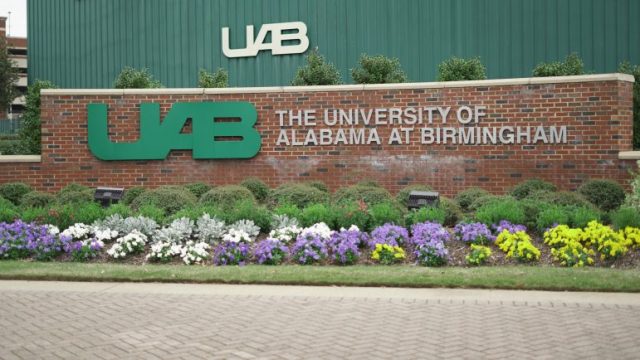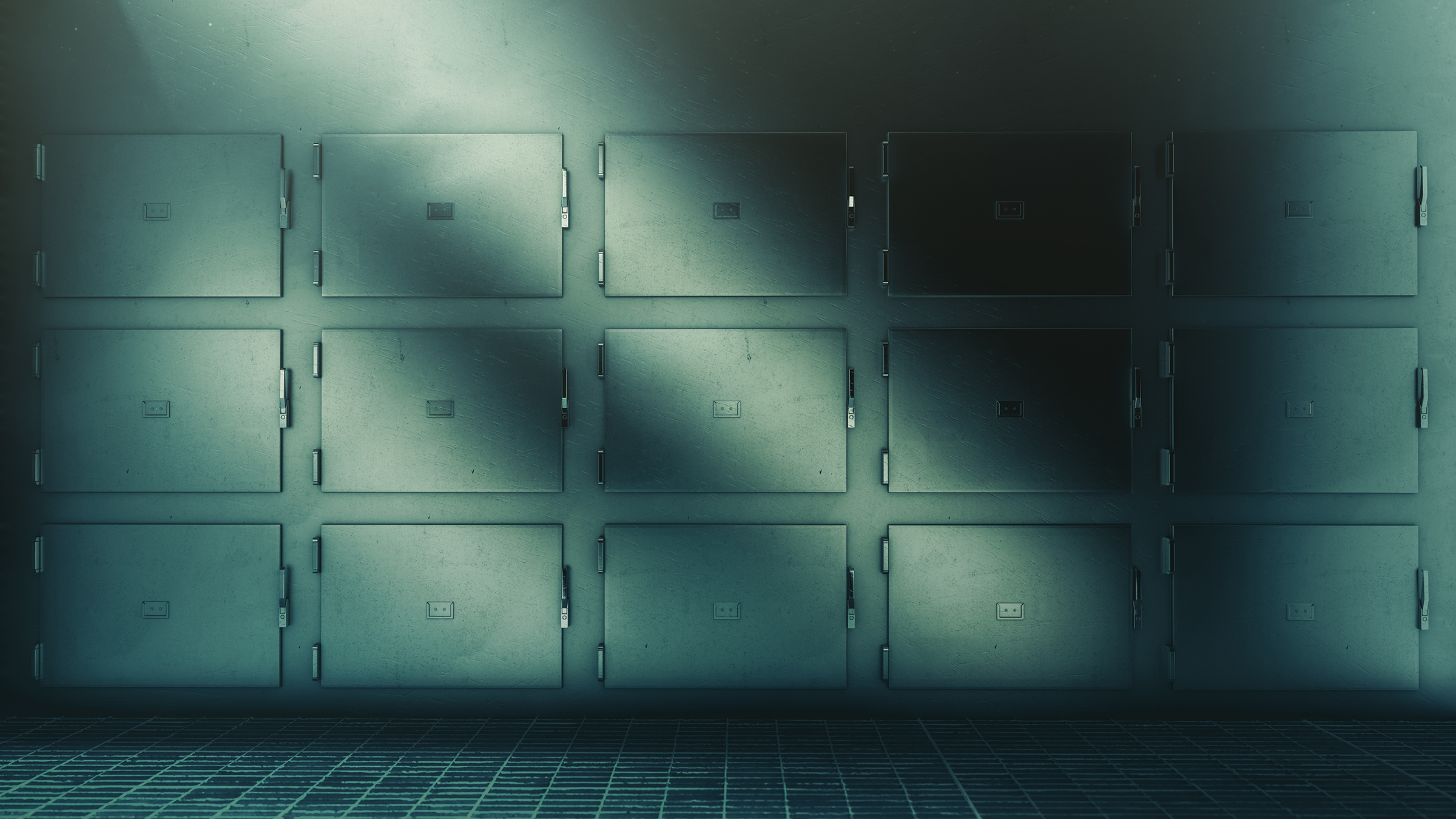
UAB Hospital’s pathology department will no longer be conducting the autopsies of dead state inmates after UAB severed its contract with the Alabama Department of Corrections, the hospital said Monday.
UAB’s decision comes after the hospital was sued last month by the families of five dead state prison inmates who accused the state’s biggest hospital of stealing organs from inmates after conducting autopsies.
“While the UAB Department of Pathology has been in compliance with laws governing autopsies to determine the cause of death of incarcerated individuals under the appropriate clinical standard – and a panel of medical ethicists reviewed and endorsed our protocols regarding autopsies conducted for incarcerated persons – we have terminated our contract with the Alabama Department of Corrections and no longer perform autopsies for ADOC,” the hospital said in a statement Monday to AL.com. “UAB has one of the highest ranked pathology programs in the country, is accredited by the College of American Pathologists and is staffed by credentialed physicians who are certified by the American Board of Pathology.”
The hospital declined to comment beyond its statement.

Lauren Faraino, an attorney representing several families suing the hospital, said the termination of the contract has no bearing on the pending litigation.
“The termination of the UAB/ADOC contract does not change anything concerning the lawsuits that have been filed. The damage to those families has already been done,” she said. “The law clearly required medical examiners to get proper consent for organ removal during autopsies, and UAB did not.”
The families say their loved ones were serving time at either Limestone Correctional Facility or The Hamilton Aged and Infirmed Center when they died. The inmates each died within the past several years, and each had their autopsies conducted by UAB. Following their autopsies, the separate lawsuits allege, the inmates’ bodies were sent to funeral homes, where funeral directors discovered they were missing their organs. One inmate was sent directly for a private autopsy, where a pathologist made the same discovery.
The lawsuits each allege that the university took, and kept, inmates’ organs without consent of next-of-kin.
All people who die in custody have an autopsy, multiple prison officials testified in a federal court hearing earlier this year. Some of those autopsies are done at UAB, while the rest are conducted at the state level by the Alabama Department of Forensic Sciences.
None of the five families gave UAB permission to keep the organs, the lawsuits state.
The families of Arthur Olen Stapler, Jim William Kennedy, Anthony Perez Brackins, Kelvin Lamar Moore, and Charles Singleton are each suing the Alabama Department of Corrections, the University of Alabama system which operates the University of Alabama at Birmingham and its medical school, and other various people associated with those institutions.
All families say they tried contacting UAB’s Pathology Department after they realized the organs were missing, but were met with different answers as to why the organs were retained.
Two of the families got their loved ones’ organs back from UAB.
The family of Kelvin Moore, who died last summer, said they picked up a “sealed red bag with a container inside that (UAB) claimed contained Kelvin’s organs.” That happened after a supervisor in the pathology department told them, according to the lawsuit, it was the UAB policy “not to return organs to families after an autopsy.”
A private pathologist, who was hired by the family of Arthur Olen Stapler, got back some of Stapler’s organs from UAB—but not all.
According to the lawsuit from the Kennedy family, a representative from UAB told them: “UAB Defendants’ Department of Pathology takes organs ‘all the time.’” The family also said they were told by someone in the pathology department that “UAB is a teaching institution. And every teaching institution that does autopsies keeps their organs.”
The flurry of lawsuits were filed after another former prisoner’s family sued in federal court to say their loved one, Brandon Clay Dotson, was returned missing his heart. No one has said where the heart is.
Late last month, the Doston family’s lawsuit was dismissed without the family ever learning where the missing heart was.
U.S. District Judge for the Northern District of Alabama Madeline Hughes Haikala dismissed the case after the family and the state “filed a joint stipulation of dismissal.”




